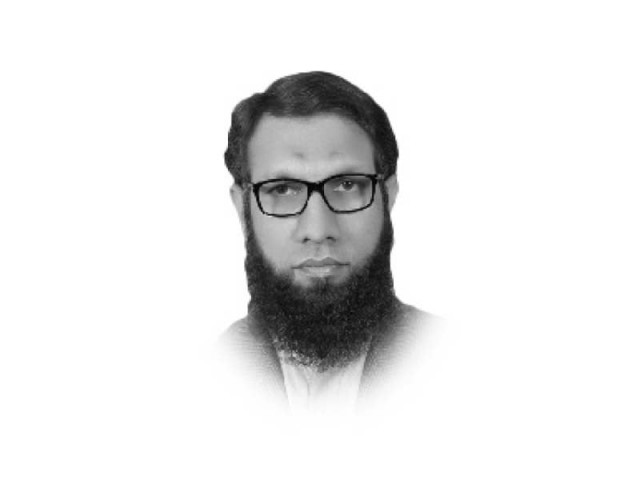Does morality count?
Democracy in Pakistan is yet to take firm root for many reasons

Only the very naïve may be tempted to believe that politics in Pakistan is governed by moral principles. Machiavelli, in The Prince, artfully portrayed what actually works in politics and why — “the ends justify the means” with morality forming the façade of an otherwise tumbledown building. But one should not forget that even a society couldn’t survive without morality, let alone a state.
Machiavelli’s recipe for attaining/retaining power is what we recently witnessed in the Senate elections. It was a full display of devilish tactics to outsmart the rival with no remorse for mercilessly killing the spirit of the Constitution. Both stick and the carrot worked in varying degrees with one’s own conscience justifying it on the pretext of “morality is the lack of opportunity” and “everyone does it regardless of party affiliation”.
Is this brazen violation of democratic ethos by the political class not an open invitation to unelected but powerful individuals to rule from behind-the-scenes in the name of national integrity? When will politicians learn a lesson from Pakistan’s chequered political history — soaked with the blood of prominent leaders and tainted by the country’s disintegration? I think they want to see history repeat itself every now and then with a heavy toll on both the state and society!
Democracy in Pakistan is yet to take firm root for many reasons. First, it is disconnected from the demo (the people); hence, it does not represent their true voice. Economic independence and education are key empowering factors for people to make reasonable judgments in elections and to hold their chosen representatives accountable afterwards. So far, people constitute the weakest link in the overall democratic chain. Education is still a luxury for most and so is the chance of breaking the shackles of poverty.
Second, political parties in general are undemocratic in their character. Except the Jamaat-e-Islami, there is no mainstream political party that can pride itself in playing outside the shadow of dynasties. The leadership torch is passed from one generation to the next tactfully with other seasoned politicians acting as buffers and ushers. Challenging the traditional authority is bound to bounce back with adverse implications for one’s political career.
Acquiescing to what the king decides is not only essential but potentially a great source of blessing. Instead of serving as conduits of ideas from people across the spectrum, political parties have become personal fiefdoms of the feudal and capitalist classes. Paradoxically, most politicians talk of democracy as a necessary condition for Pakistan’s integrity as they advocate for the leadership crown to remain within one family for the sake of stability and continuity.
The third debilitating factor for democracy is the rise of hooliganism and a culture of vulgarity. Some leaders use foul language against their opponents for things which otherwise require debate and serious discussion. Threats and derogatory remarks may earn short-term political dividends but have historically kept decent individuals away from active politics for fear of losing their hard-earned honour in society. To exclude someone in any manner is against the democratic spirit.
Even more dangerous to democracy is the conscious attempt to tarnish the image of parliament and make a mockery of its role. The parliament’s supremacy is enshrined in the Constitution but the way its members and others treat it is against the ideals they claim to protect. The persistent absence of some leading figures from sessions, arrogance of ministers to answer vital queries, and hurling abuses in public gatherings make the parliament nothing more than an assembly of the unfit.
The role of leaders is critical in making or breaking countries. Leaders are dealers in hope and are the architects of a just order based on moral principles. They constantly remind their people of what they should aspire for and how they should channel their energies. They transcend political expediencies and parochial partisan and sectarian interests. They protect the state rather than their estates.
Published in The Express Tribune, March 18th, 2021.
Like Opinion & Editorial on Facebook, follow @ETOpEd on Twitter to receive all updates on all our daily pieces.















COMMENTS
Comments are moderated and generally will be posted if they are on-topic and not abusive.
For more information, please see our Comments FAQ